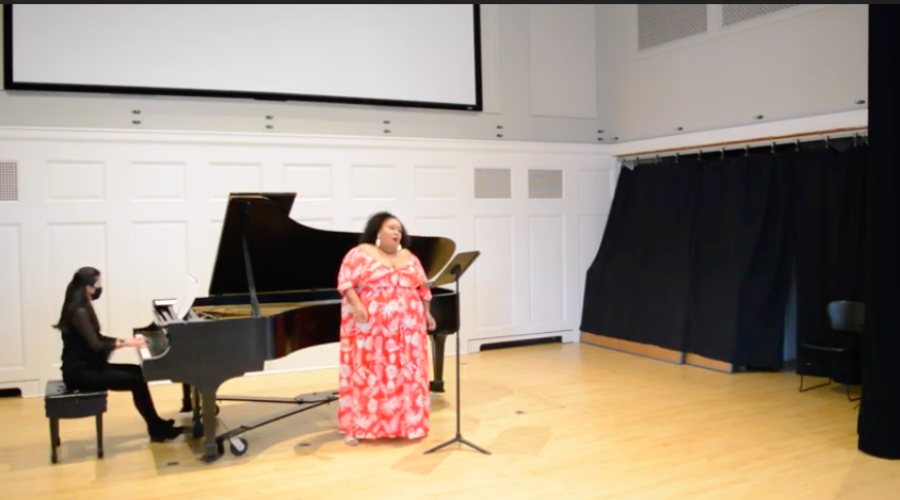BTAR Zuly Inirio Highlights Afro-Latinx Poetry for Black History Month
Happy Black History Month! To commemorate Afro-Latinx folks as part of the African Diaspora, I am sharing Xavier Montsalvatge’s Cinco Canciones Negras, a song cycle with settings of Afro-Cuban poetry. Click here to listen.
Catalan composer and critic Xavier Montsalvatge (1912-2002) represented a new wave in Spanish music. He searched for influences outside of the typically Spanish in order to refresh Spanish folksong and nationalism. He was able to find inspiration in the music and rhythms of the colonial Spanish world of the Caribbean, which had developed its own hybrid style of music. His compositions from the 1940s and 50s reflected such influence. “West Indian and specifically Cuban, rhythms had a deeper significance because of the close historical ties between Cuba and Catalonia. Many Catalan emigrants who had formed part of the colonial population returned to their homeland after the war of independence, bringing with them hybrid Hispano-African-American songs with strange, exotic rhythms.”
Montsalvatge carefully chose the poetry for this cycle. Although the texts depict different moods and come from several authors, they are related by all having themes of colonialism, racism, and the disintegration of native culture. Rafael Alberti’s Cuba dentro de un piano recalls a beautiful, turn of the century Cuba and in the end, protests the Americanization of the country. In Punto de habanera (Siglo XVIII), Néstor Luján presents a “…vignette of old Havana, a lovely young Creole girl passes down the street to admiring glances from a group of watching sailors.” In Chévere, Afro-Cuban poet Nicolás Guillén describes “…a young black man, trapped in his social and cultural status. He vents his anger by wielding a knife, which becomes a metaphor for his own twisting and turning.” The most charming and famous song of the set, Canción de cuna para dormir un negrito, is a hypnotic lullaby with call and response interactions between the vocal line and accompaniment. Finally, Canto negro, another of Guillén’s poems uses African rhythms and Yoruba words, which are just words to imitate the sounds of drums to depict the drunk black man dancing, falling, and leaving.
For translations of the songs, follow this link: Cinco Canciones Negras Translations







